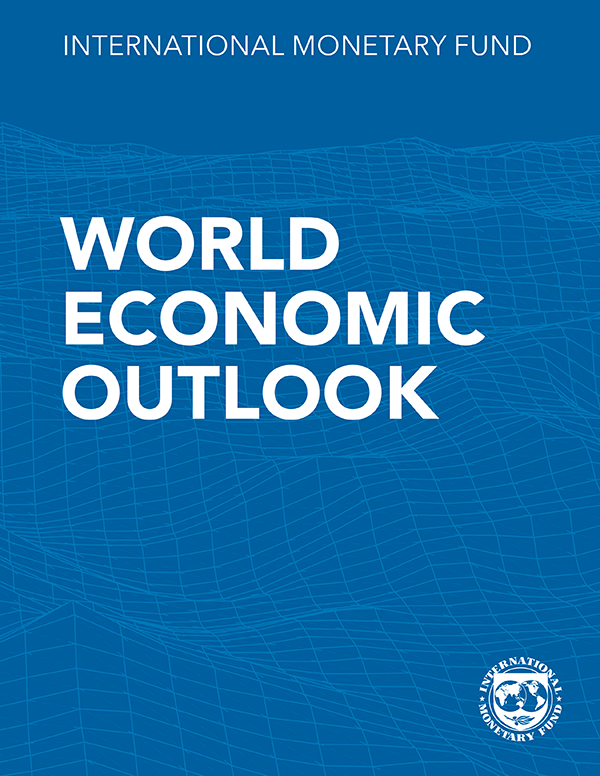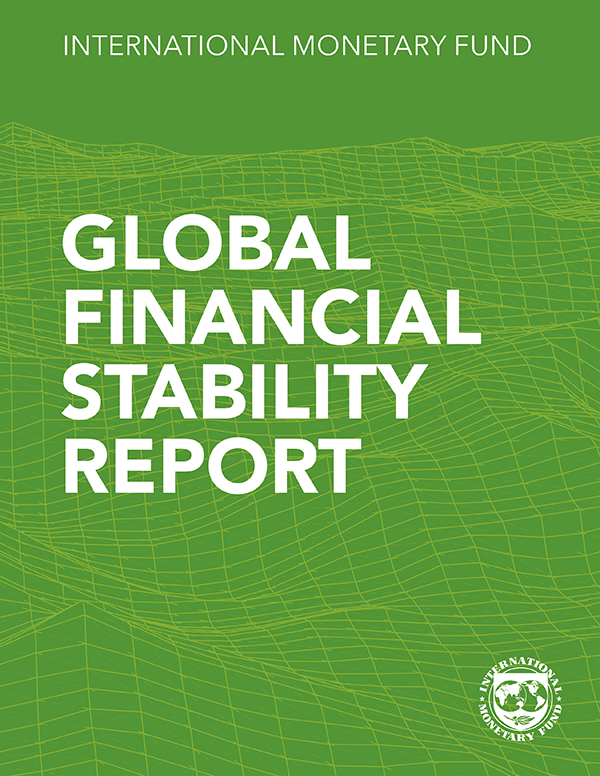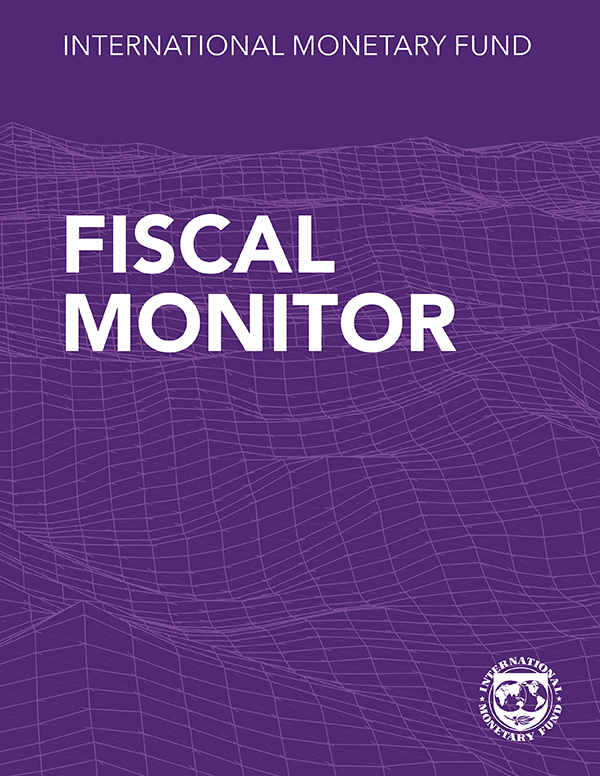
The Page You Requested Was Not Found
Try our new and improved search function:
IMF Staff Concludes Visit to Zambia
March 5, 2026
IMF Staff Concludes Visit to Kenya
March 5, 2026
March 5, 2026
World Revenue Longitudinal Database
March 4, 2026
Resources For
Publications

January 2026
- Global Economy: Steady amid Divergent Forces

October 2025
- Shifting Ground beneath the Calm

October 2025
- Spending Smarter

September 2025
- Getting to Growth in an Age of Uncertainty







